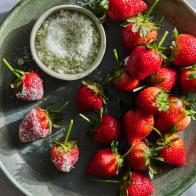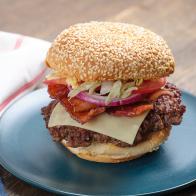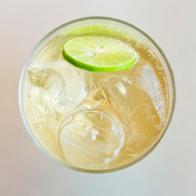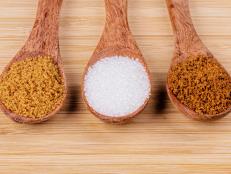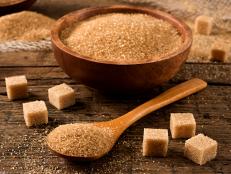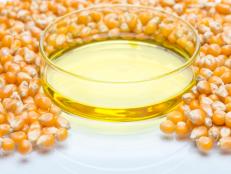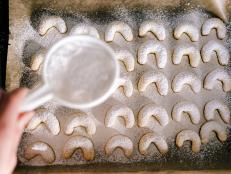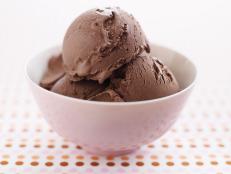This Week's Nutrition News Feed
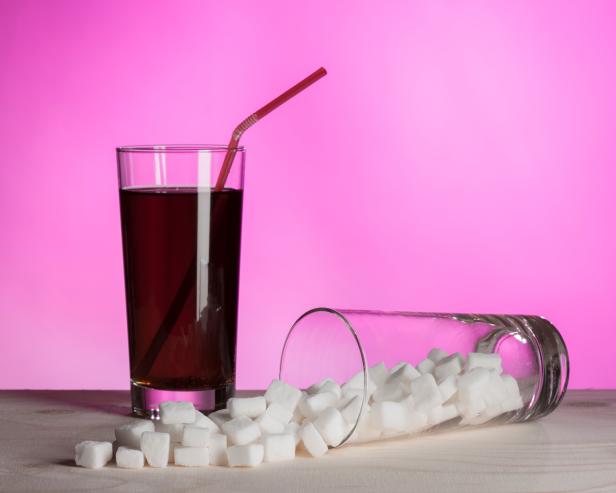
Atli Mar Hafsteinsson, Atli Mar Hafsteinsson
In this week's news: New findings about sugar and diabetes are not so sweet; vitamin drinks may do more harm than good; weight training could prevent your weight from yo-yoing.
The amount of added sugars, especially fructose, in the U.S. diet may be largely to blame for the nation's rising rate of type 2 diabetes and prediabetes, clinical experts behind research published in the Mayo Clinic Proceedings have concluded. The researchers say current dietary guidelines allowing sugars to comprise as much as 25 percent of total daily caloric intake should be revised to reduce the amount of sugar allowed and to encourage people to replace processed foods, which often include lots of added sugar and fructose, with whole foods like fruits and vegetables. What's more, the authors conclude, at "an individual level, limiting consumption of foods and beverages that contain added sugars, particularly added fructose, may be one of the single most effective strategies for ensuring one's robust future health."
People who suck down vitamin drinks may feel like they're doing something good for themselves, but those drinks may actually bring vitamin and mineral overkill and be harmful to their health, nutrition experts tell The New York Times. "You have vitamins and minerals that occur naturally in foods, and then you have people taking supplements, and then you have all these fortified foods," Mridul Datta, a nutrition scientist at Purdue University, told the Times. "It adds up to quite an excess. There's the potential for people to get a lot more of these vitamins than they need. This vitamin and mineral surplus may throw your system off balance, though the cumulative effects are unclear." "With these products," another nutrition scientist, Valerie Tarasuk, of the University of Toronto, says of vitamin-enhanced beverages, "we’ve embarked on a national experiment."
Lost a few pounds and hope to keep them from sneaking back on? Try exercising. According to a new study published in Medicine & Science in Sports & Exercise, working out may be the key to keeping off weight after you lose it by dieting. Researchers found that premenopausal women who lost an average of 25 pounds by consuming an 800-calorie-per-day diet were able to keep it off more successfully after they hit their goal rate if they also began to exercise regularly — especially if their exercise regime included weight training. In fact, those who exercised moved around more in general throughout the day, burning more calories, than those who did not. "It seems clear that exercise is very important if you wish to keep the weight off," the study’s lead author, University of Alabama at Birmingham professor Gary R. Hunter, said.


